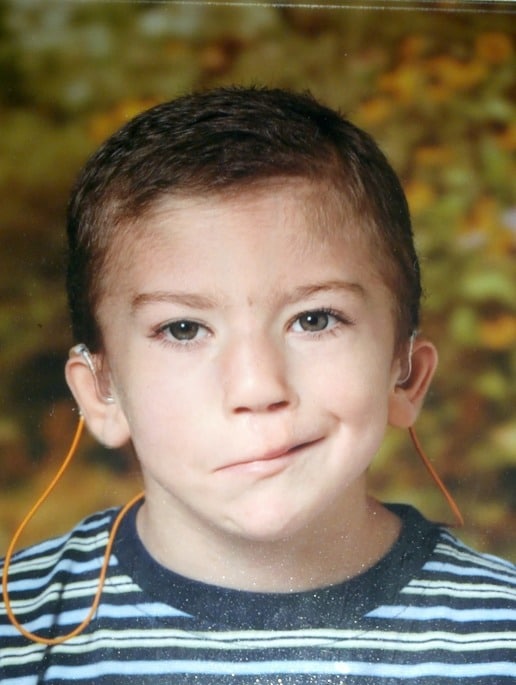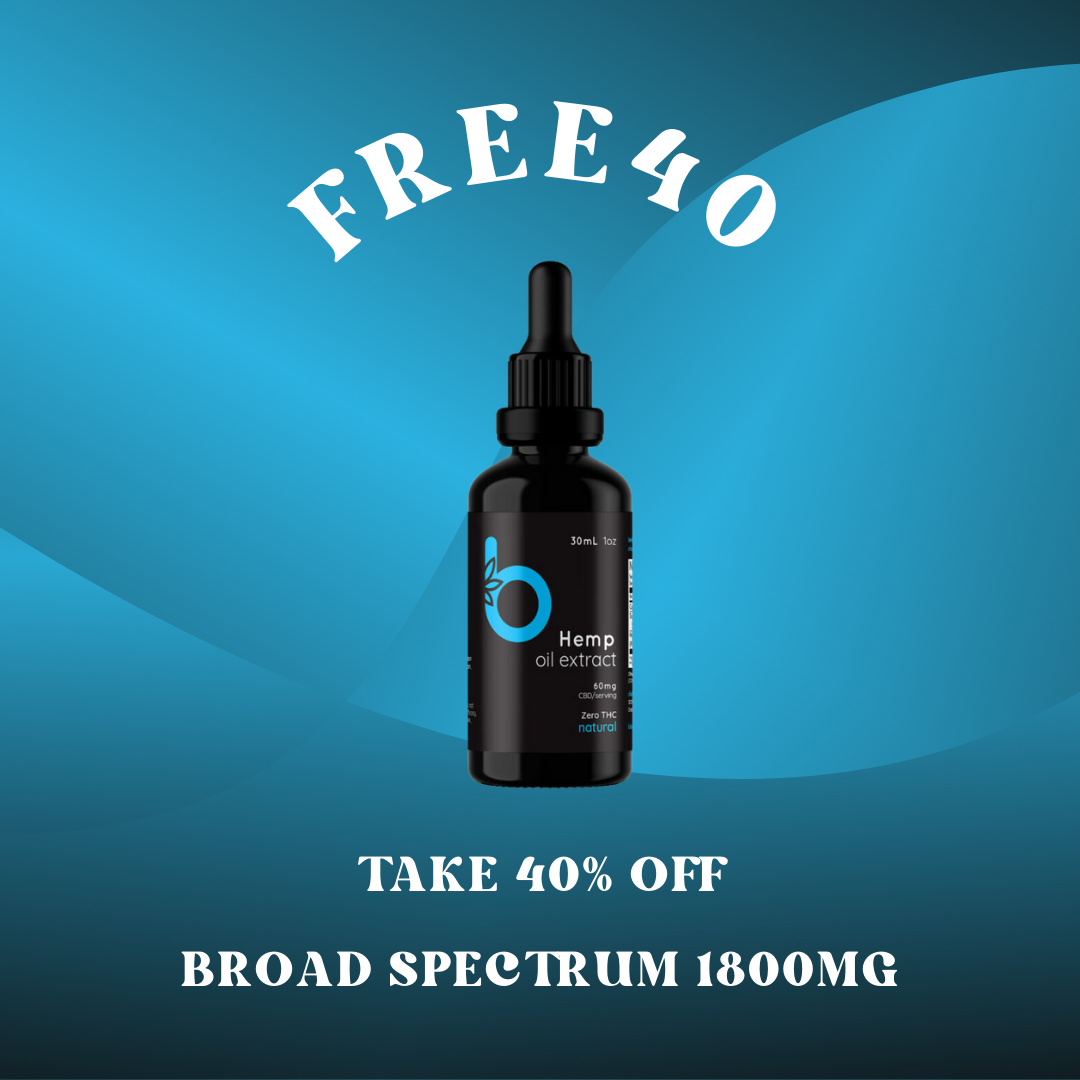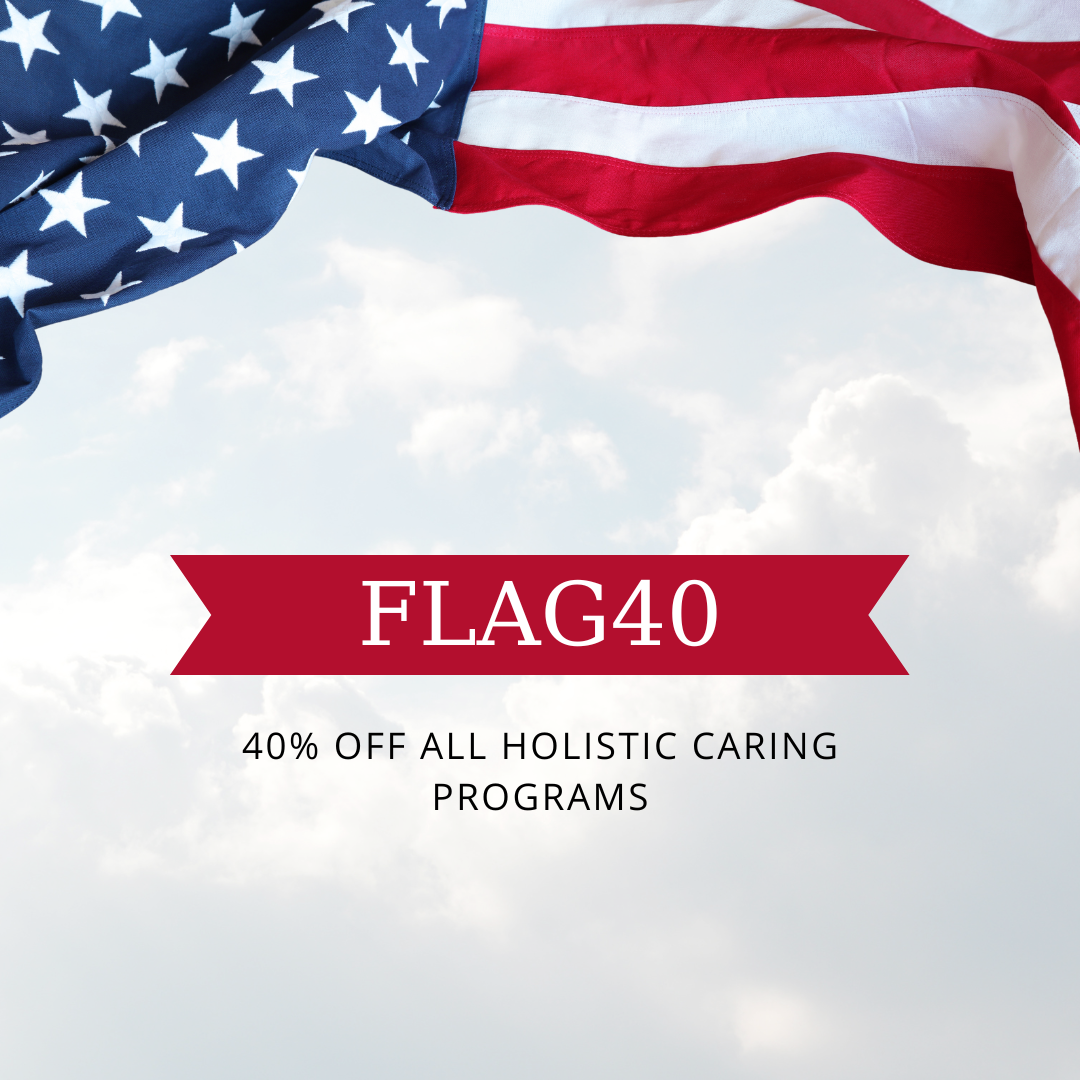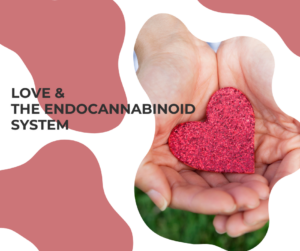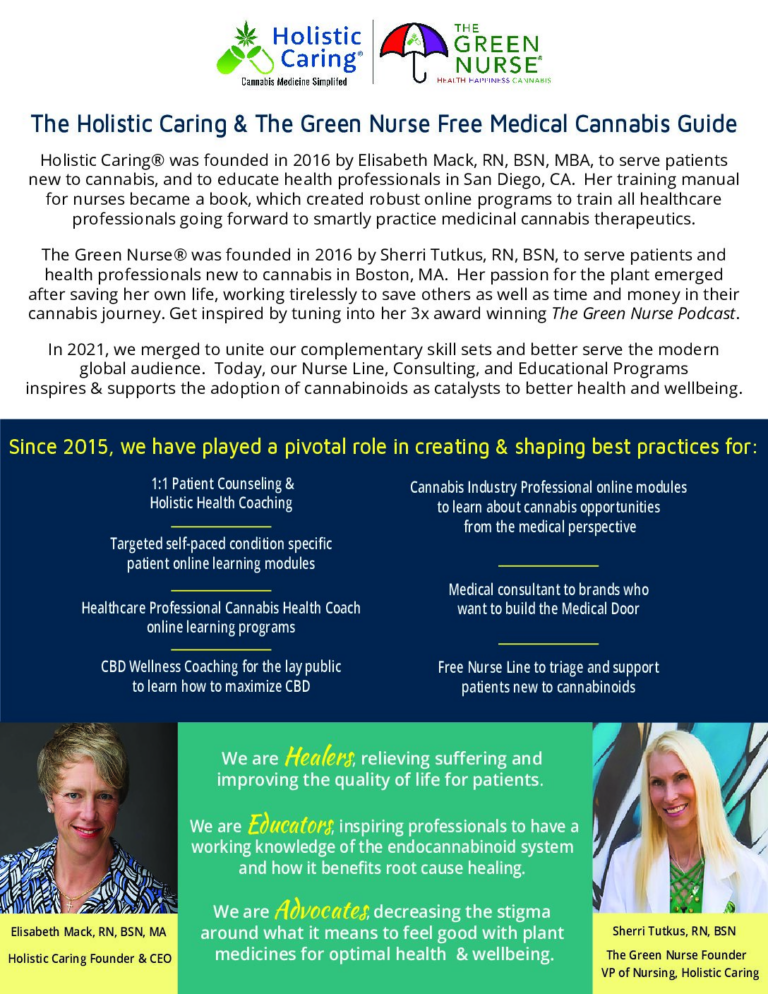Mid-Month HC & GN Updates from Nurse Sherri
July marks National Cleft and Craniofacial Awareness and Prevention Month. Children with cleft lip, palate, or other craniofacial anomalies may also have genetic disorders. Health professionals well-versed in the endocannabinoid system can aid patients and families in navigating mainstream medicine for optimal outcomes. This awareness month aims to enhance understanding of craniofacial clefts and related conditions impacting quality of life.
In the United States, approximately 2,600 babies are born each year with a cleft palate, while around 4,400 babies are born with a cleft lip, with or without a cleft palate. Additionally, other craniofacial birth defects may involve Craniosynostosis (premature skull suture fusion), anotia/microtia (underdeveloped or missing ear), and anophthalmia/microphthalmia (abnormal small or missing eyes).
Nurse Sherri’s son, Nicholas, entered the world with a cleft lip, palate, and the rare genetic disorder Branchio-Oculo-Facial Syndrome (BOFS). His craniofacial anomalies necessitated surgical interventions for a better quality of life. For the initial five months, he resided between the NICU of his birth hospital and the Children’s Hospital.
Children born with orofacial clefts and other craniofacial conditions face various quality-of-life challenges, such as:
- Difficulty in feeding
- Delayed language development
- Increased susceptibility to eye, ear, and upper respiratory infections
- Elevated risk of hearing impairments
- Dental and oral hygiene issues
- Many of these children with craniofacial anomalies also contend with additional genetic disorders that impact their quality of life.
Raising awareness about National Cleft and Craniofacial issues is crucial due to the risk factors associated with cleft lip and palate development, such as:
- Family history: Parents with a family background are at higher risk.
- Exposure to specific substances during pregnancy like cigarettes, alcohol, and certain medications.
- Diabetes.
- Maternal obesity during pregnancy.
Risk factors such as smoking, alcohol, medications, diabetes, and obesity play a crucial role in Endocannabinoid System Deficiency. This deficiency indicates a potential lack of internally produced cannabinoids, essential for maintaining our body’s equilibrium.
The Endocannabinoid System is the most important system in our body because it regulates all of our organ systems and neurotransmitter signaling systems. It’s important to take care of the ECS and utilize as many supportive tools as possible, while eliminating those things that do not nurture the ECS.
Cannabinoid therapeutics goes beyond mere cannabis usage. A variety of resources can be woven into your health and wellness routine. Our endocannabinoid system exists not because of the plant, but due to our innate endogenous cannabinoids, which coincidentally mimic the plant’s phytocannabinoids.
Avoiding the debate on cannabis use during pregnancy, it’s widely recommended by medical experts for pregnant women to steer clear of all substances, cannabis included. It’s crucial to consider the risk-to-benefit ratio and question the choice of exposing your body to substances that could impact fetal development in the long term.
Los Angeles-based Dr. Bonnie Goldstein, a distinguished pediatrician, cannabis medicine expert, and the author of “Cannabis Revealed,” highlights a significant concern for pregnant women and nursing mothers. She points out that the primary threat lies not in the substances themselves, but in the intervention of Child Protective Services. Dr. Goldstein emphasizes that the risk of family separation through child removal is the most critical issue. She advises mothers to prioritize self-protection by refraining from substance use until broader societal and medical transformations take place.
Sherri Mack’s son, Nicholas, entered the world with a moderate form of the rare genetic condition known as Branchio-oculo-facial syndrome (BOFS). Children with BOFS face a range of challenges akin to those experienced by children with autism.
BOFS clinical features encompass:
- Skin anomalies ranging from subtle to severe, such as barely noticeable thin skin or sizable red lesions to extensive weeping erosions. For example, Nick displays a minor brachial skin defect on his right neck.
- Ocular irregularities vary from mild to severe, including small eyes, absence of one or both eyes, lack of eye tissue (resembling a large black dot), and narrowed tear ducts leading to potential complications like fistulas under the eyes, excessive tearing, and eye infections. Nicholas exhibited the latter condition which required surgery to create tear ducts and close up the fistulas in his eyes. He has good vision.
- Facial anomalies included a large distance between eyes and a broad nasal tip. Nicholas has this as his nose is larger than normal and he was born without a columella which needed to be reconstructed. Facial anomalies observed in Nicholas include an upslanted area at the inner corner of his eyes, a pseudo cleft lip appearance, a surgically corrected cleft lip, a cleft palate which required surgery, upper lip pits, lower facial weakness, facial asymmetry due to 7th cranial nerve weakness, and a reconstructed face post-microvascular surgery. This complex 12-hour procedure involved a 3 surgeon team performing a muscle transplantation from his thigh to his face, reconnecting nerves, veins, and arteries, resulting in successful facial reanimation. Additionally, Nicholas has a malformed external ear, temporal bone anomalies, and experiences moderate to severe bone conduction hearing loss, necessitating the use of hearing aids.
Treating rare genetic disorders with craniofacial anomalies necessitates a comprehensive team approach. Nicholas’s team comprised specialists from various fields:
- Genetics
- Craniofacial and plastic surgery
- Gastrointestinal and Nutrition
- Ophthalmology
- Otolaryngology
- Dentistry and Orthodontics
- Therapy
- Social Services and Home Services (PT/OT/Speech and Language)
Children with craniofacial anomalies may have other challenges where cannabinoids may be beneficial and these include:
- Developmental Delays
- Intellect across the spectrum
- Sensory Challenges – pain perception
- Language Challenges – both expressive and receptive
- Emotional Challenges – emotional processing
- Social Challenges – behavior disorders
- Integration issues
All of Sherri’s son’s treatments focused on rectifying defects and alleviating symptoms to enhance his quality of life. Introducing phytocannabinoids as a supplementary approach alongside conventional care could have significantly aided his journey to where he stands today. It is evident that Sherri, as his mother, would have also found solace in low-dosed cannabis during those challenging times, given the emotional toll of witnessing her child endure such hardships since infancy.
Today, Sherri’s son is thriving. He has had multiple surgeries over the years to correct his craniofacial anomalies. He is deaf, wears hearing aids, and at the age of 12 he fully integrated into the public school system with accommodations. He earned his way onto the high school football team as captain of the team and played incredibly. He graduated from public high school this spring with honors, receiving a scholarship and an award for being Captain of the Football Team.
He is the epitome of what it means to truly live your best life and to never give up. Nicholas was a big part of the inspiration of Sherri’s Podcast The Green Nurse Living Your Best Life. Explore Sherri’s touching tribute to her son as she celebrates his graduation on her dedicated Facebook page.
Resources
- Branchiooculofacial Syndrome – GeneReviews® – NCBI Bookshelf
- Figure 1. [Photo of a boy age…]. – GeneReviews® – NCBI Bookshelf
- July is National Cleft & Craniofacial Awareness and Prevention Month | Community Health of Central Washington
- Bonnie Goldstein’s Book Cannabis Revealed
Podcasts about Her Son’s Journey
- 7/30/21 FRIDAY – Daily Dose of AFA with Nurse Mark and The Green Nurse
- TSC Talks! Love over Fear, A Mother’s Story ~Sherri Tutkus, RN, BSN, Founder & CEO Green Nurse Group
PROMO CODES – Enjoy Savings!
Bloom Hemp
- FREE40 – Take 40% off Broad Spectrum 1800mg at www.BloomHemp.com
- GREENNURSE – 10% off and Free Shipping at www.BloomHemp.com
Holistic Caring
- FLAG40 – Take 40% off any program from 07/01 – 07/31 at www.HolisticCaring.com
“People are Making Great Medicines, People are Selling Great Medicines, but no one is interpreting how to use Cannabis as Medicine. That’s what we do!”
